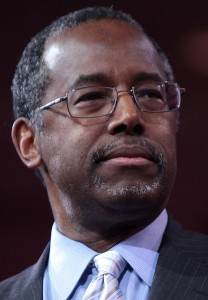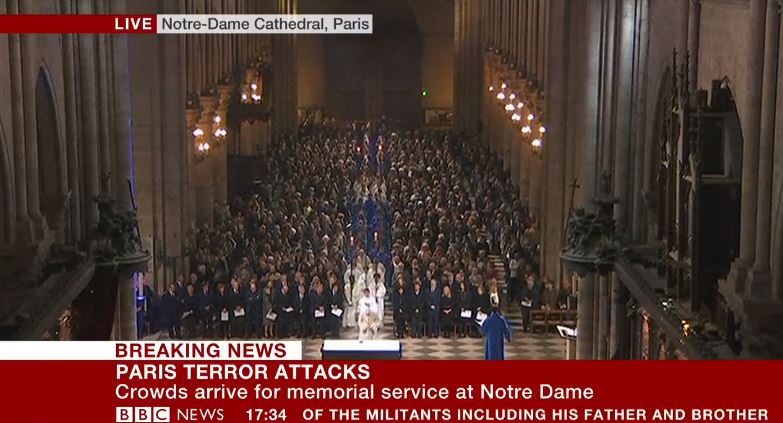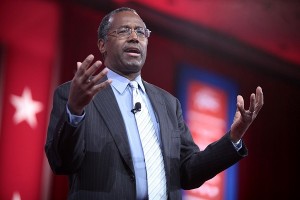French President François Hollande took the lead against terrorism Saturday, May 17 in Paris, bringing together five African heads of state to adopt a regional action plan to fight against the Nigerian armed Islamist group Boko Haram.
In a joint press conference, Cameroonian President Paul Biya said, “We are here to declare war on Boko Haram.”
Recognizing that Boko Haram has become a major threat in Africa, the Summit participants announced a plan which includes “intelligence coordination, exchange of information, the central control means, border surveillance, a military presence around Lake Chad and response capability in the event of danger.”
Nigerian President Goodluck Jonathan, who has been criticized for his country’s lack of a resolute response to the kidnapping of 200 girls by the Islamists more than a month ago, said that he is “fully committed” to finding the girls. He reported that terrorism has claimed 12,000 lives–9,000 since 2009.
Chad’s President Idriss Deby spoke of his “determination to deal with terrorists that plague the region.”
“Religious intolerance has no place” in Africa, according to Benin’s President Thomas Boni Yayi. He spoke of the countries’ decision to pool their efforts and resources at the regional and international level.
And President Mahamadou Issoufou of Nigeria welcomed the Paris Summit as an opportunity to discuss the long-term and “economic and social development of the area.”
CNN reports:
Nigeria will coordinate patrols, pool intelligence and exchange weapons and human trafficking information with Benin, Cameroon, Chad and Niger, according to the agreement reached at the summit.
France, the United States, the United Kingdom and the European Union “will coordinate their support for this regional cooperation” through technical expertise, training programs and support for border-area management programs, a summit statement said.
The participants agreed that the United Kingdom will host a follow-up meeting next month to review the action plan.
In the meantime, participants committed to accelerating international sanctions against Boko Haram and its leaders through the United Nations.
Problems in international relations have prevented the United States from working closely with the Nigerian military to combat terrorism in that country. According to Colonel Steve Warren, Pentagon spokesperson, the U.S. is using drones and manned surveillance aircraft in the search for the girls, but they have been unable to share raw intelligence data with Nigeria’s armed forces because the two countries have not established the necessary intelligence-sharing protocols and safeguards. There are also concerns that the Nigerian military, which has been accused of human rights violations themselves, could utilize the information in an unacceptable way.
Alice Friend, African Affairs director for the Department of Defense, testified last week before the Senate Foreign Relations Committee that the 7th Division of Nigeria’s military does not have “the capabilities, the training or the equipment that Boko Haram does, and Boko Haram is exceptionally brutal and indiscriminate in their attacks.” For this reason, the Nigerian military has shown signs of real fear.
Just a few hours before the Security Summit, Boko Haram launched a new attack against a camp of Chinese workers in northern Cameroon. One person was killed and ten others were reported “probably kidnapped.”
H/T La-Croix











